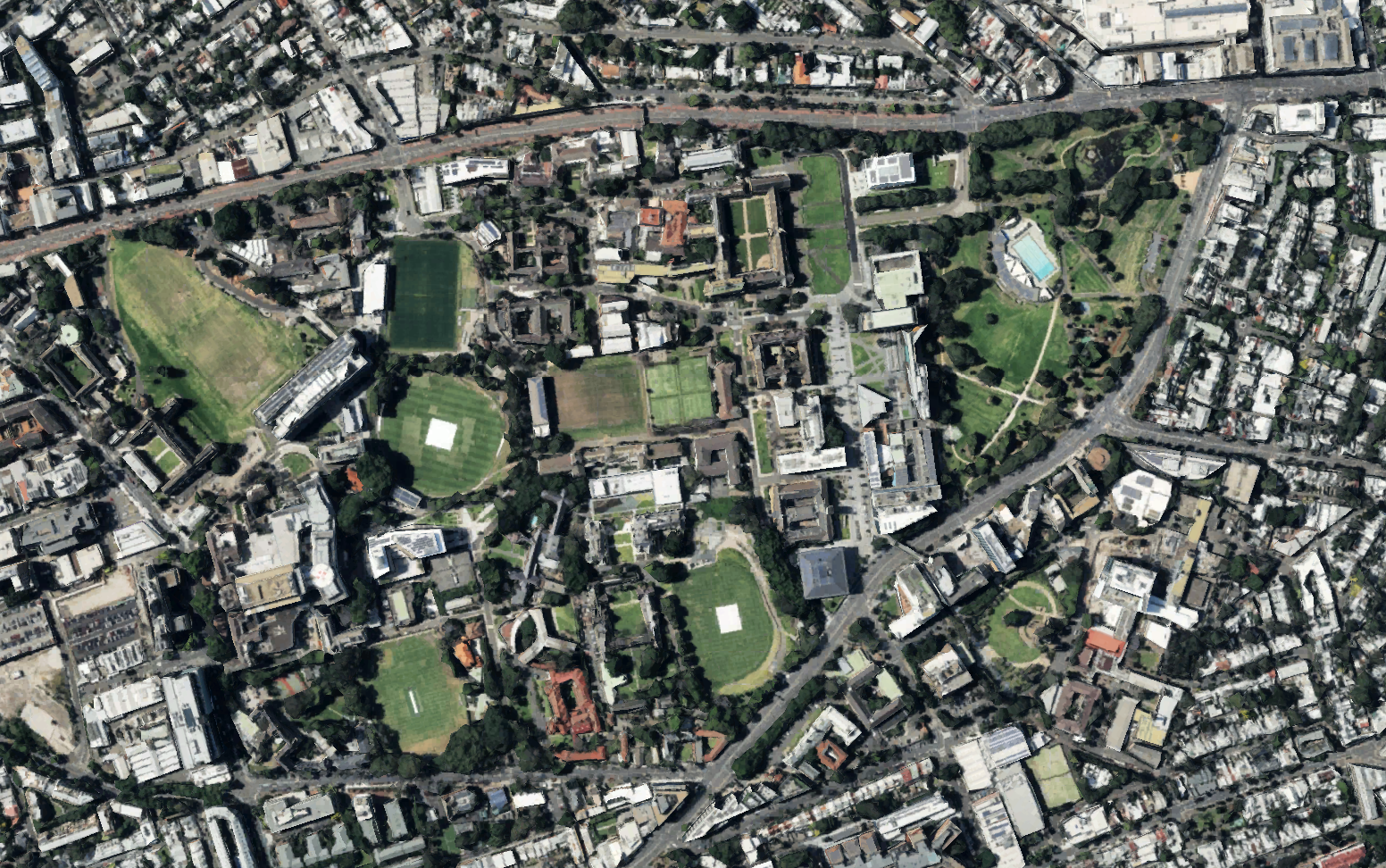In university, it can be challenging for international students to find a sense of belonging, especially as it takes time and understanding to assimilate into a foreign environment. The saying “birds of a feather flock together” holds true for human connections. Whether it is through shared interests, professions, or humour, the foundation of connection lies in relatability. Automatically, it takes more than just willpower to be able to socialise with someone from a completely different cultural upbringing.
Connection starts from commonality and as a result students seek out those who come from the same cultural background to collectivise. While this alleviates loneliness and social disconnection, it also encourages students to seek out familiarity and avoid further cultural assimilation. It inevitably creates a group dynamic which is disconnected from both domestic and international students. This often happens due to their socialisation tendency of preferring peers who share the same cultural upbringing. There is an intuitive gravitation towards individuals who are akin to them, thus enabling them to remain connected in their own community and cultural society. For the majority of students studying abroad and being exposed to a new environment it can be daunting when sacrificing consistent contact with their home lives.
Another common experience is undergoing acculturative stress. In this case, it can be described as the struggles students might find when facing or integrating to the host country’s culture.
The struggle to assimilate into the host country’s culture encourages international students to gravitate to communities that bring them closer to their previous cultural orientation. As students walk through the myriads of stalls in orientation week, chances are, they will visit ones that are least respectively relatable to them. Beyond this first-time experience,students will then begin navigating their social interactions. Some might attempt to integrate with their domestic peers while others stay in their own group.
At university, such socialisation behaviours are further cemented by students’ engagement in, and creation of, cultural clubs and societies. Cultural clubs and societies function similarly to community migrant hubs in many Sydney suburbs, albeit on a smaller scale, in that they foster a sense of belonging for the diaspora. Cultural clubs and societies bring remnants of a student’s home country into the university and each of these societies operates differently depending on each country’s respective culture, adding diversity to the campus’s communal spaces.
However, depending on the motivation of each society, these groups might not necessarily bridge the gap between international and domestic students. If most cultural societies are made solely to create a space for international students to connect with peers of the same nationality, chances are that connectivity between domestic and international students remains unpromoted.
While numerous determinants abound in our social life, linguistic understanding is the most important of them all. Credentially speaking, international students are acknowledged as “competent” English speakers on paper, as they require a band 7 on the International English Language Testing System (IELTS) exam. Unfortunately, the IELTS paper does not ensure a smooth sailing language usage.
Frankly speaking, conversations do not depend on the amount of vocabulary a person knows nor from how grammatically correct they are, it is mostly through an individual’s ability to correctly capture these signals, referred to as semantics.
To connect well with those from different cultures, one needs to adapt their conversing style, understanding the conversing style, prose and jokes of the hosting culture. This is a challenge as most norms are not universal, as different norms originate from distinct cultures. As a result, the ability to adapt oneself to the communication style of other cultures becomes necessary so that individuals can understand the norms (i.e., what others find rude, funny, and serious) of their host country.
One way international students can acquire this skill is to continue to socialise and adapt to their surroundings, by deliberately choosing to throw themselves into uncomfortable situations (yes, bearing awkward silences and missing out on the jokes). If no effort is put into attempting to develop such skills, then international students remain isolated from their domestic peers.
However, an active participation from domestic students is also needed, for the notion of choosing familiarity does not apply to international students only. Inevitably, as our mind tends to label things binarically, often a mindset of thinking international students as the “other person” exists. Upholding a new mindset of delabelling the foreign status of international students would alleviate the segregation between the two. Additionally, attempts of bridging between domestic students should be received positively (instead of nonchalant).
In the end, disconnection and difficulty will inevitably happen within a student’s social life and in many forms. For international students it comes from having to interact and set themselves in a foreign culture, and challenging their humane instinct to be with someone that brings familiarity.
Understandably, the majority would prefer to band with others from the same country or cultural upbringing, that is facilitated in cultural clubs/societies. Hence why, it is important for communities that host international students’ diaspora, to emphasise on cultural integration (and connection with domestic peers). I believe this would hopefully alleviate the ongoing disconnection that happens between domestic and international students.





